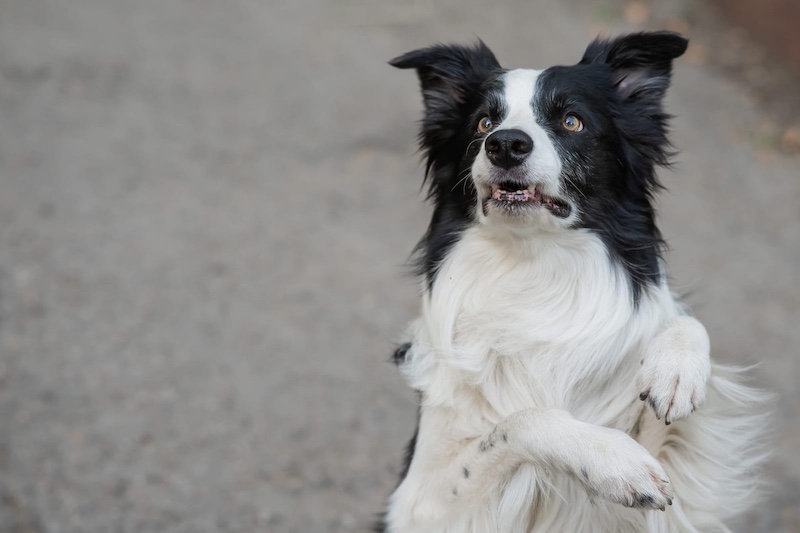Anesthesia is a critical tool in veterinary medicine, but not all dogs respond the same way. Certain breeds are genetically predisposed to react poorly to common anesthetic drugs, either due to how they metabolize medications or how their body composition interacts with the drugs. Awareness of these breeds can help prevent complications during surgery or dental work. Here are 10 dog breeds with known sensitivity to anesthesia, backed by veterinary data and breed-specific research.
Greyhound
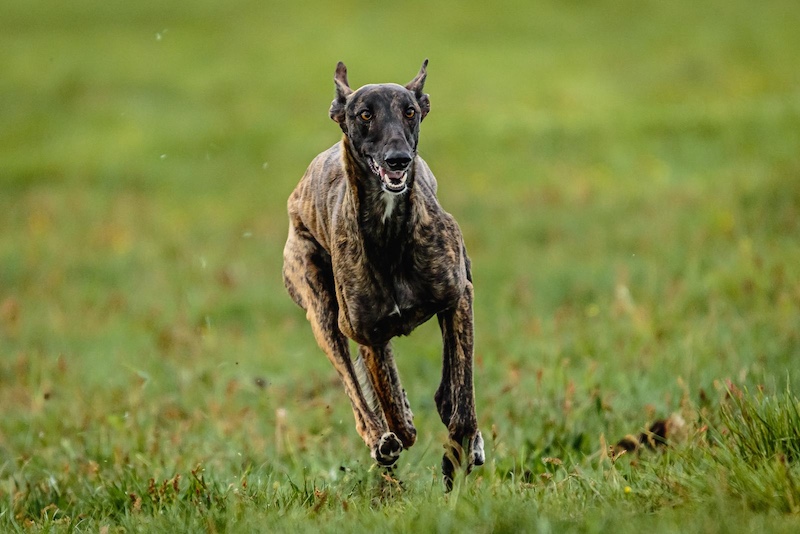
Greyhounds are the most well-known example of anesthesia-sensitive dogs. Their low body fat and unique liver metabolism slow the breakdown of lipid-soluble anesthetics like thiopental. According to the American College of Veterinary Anesthesia and Analgesia, Greyhounds have longer recovery times and are at higher risk of overdose when standard dosing is used.
Whippet
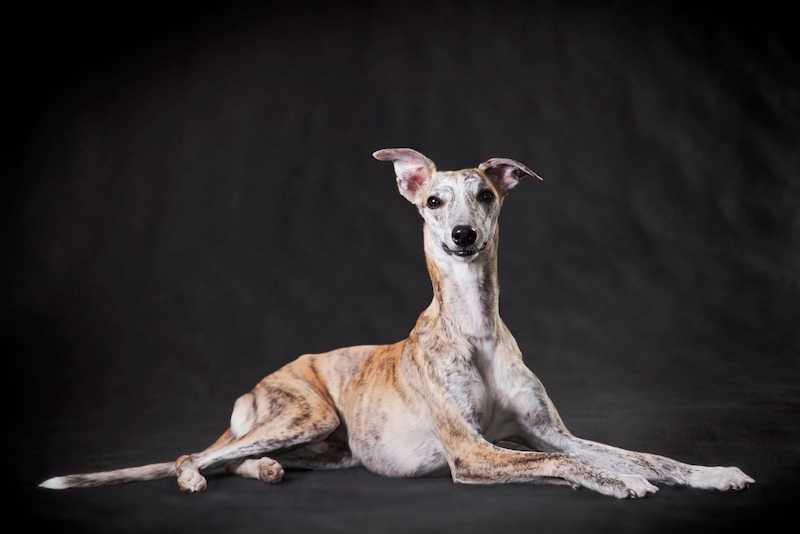
Whippets share many of the same metabolic characteristics as Greyhounds. A study in the Journal of Veterinary Pharmacology and Therapeutics found that Whippets also have limited fat stores and slower clearance of certain anesthetic agents, especially barbiturates. Adjusted dosing and careful monitoring are essential for safe outcomes.
Saluki
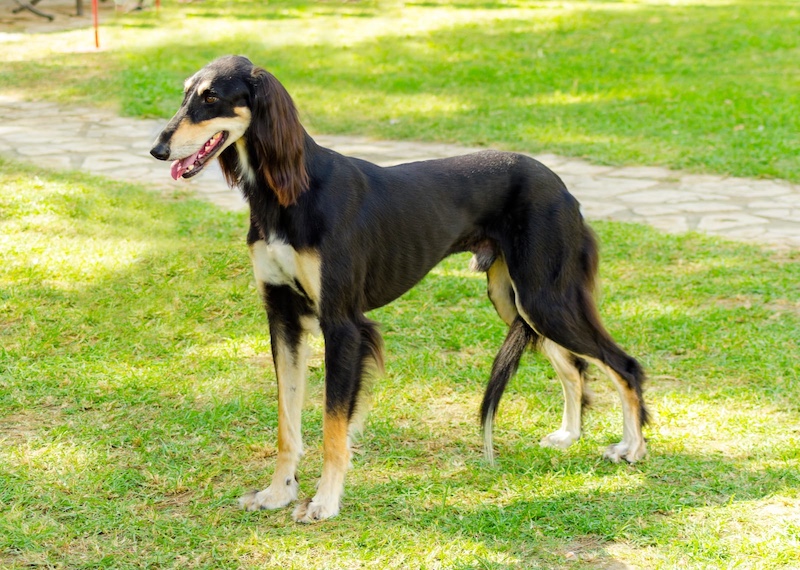
As another sighthound, the Saluki has a low fat-to-muscle ratio and atypical enzyme activity in the liver. These traits reduce the breed’s ability to metabolize anesthetics efficiently. Veterinary Anesthesia and Analgesia highlights the need for dose adjustments and extended observation for Salukis undergoing sedation or surgery.
Afghan Hound
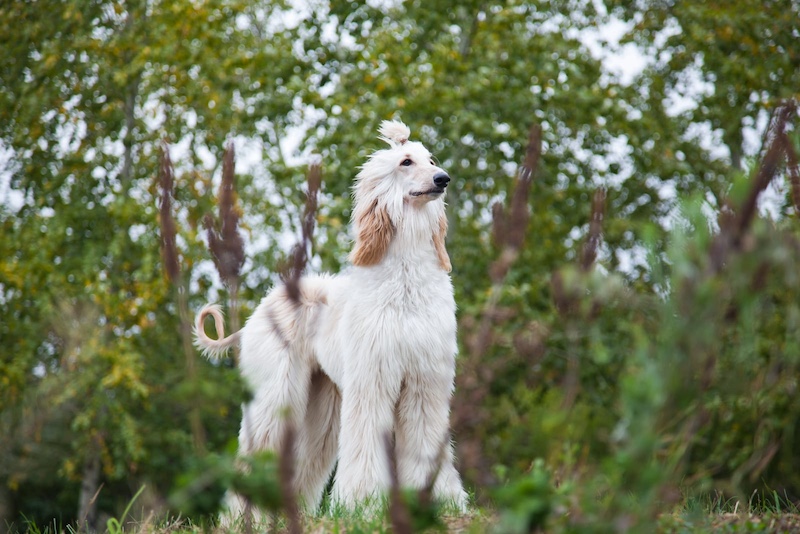
Afghan Hounds are lean and sensitive to lipid-based anesthetic drugs. The American Kennel Club Canine Health Foundation notes that this breed often experiences prolonged sedation and recovery after exposure to certain injectable anesthetics, making careful drug selection and dosage calculations essential.
Collie
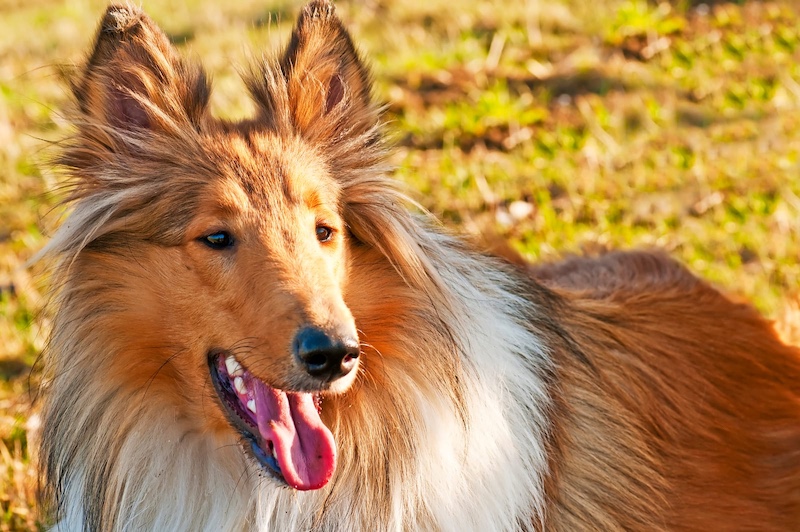
Collies are one of several breeds that commonly carry the MDR1 gene mutation, which affects drug transport in the brain. Washington State University reports that up to 75% of Collies have at least one copy of this mutation, increasing their risk of adverse reactions to drugs like acepromazine and butorphanol, both used in anesthesia protocols.
Australian Shepherd
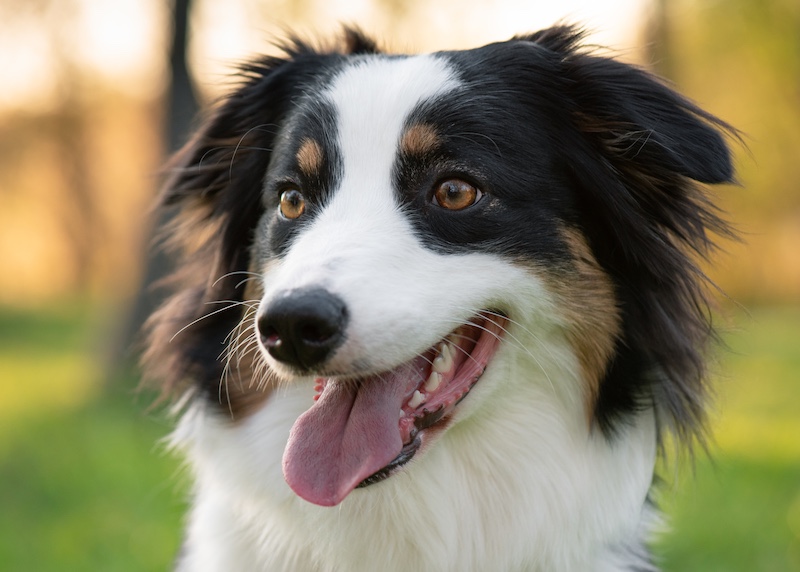
Approximately half of all Australian Shepherds carry the MDR1 gene mutation, according to the American Australian Shepherd Association. This makes them highly susceptible to excessive sedation, poor recovery, or dangerous reactions from standard anesthetic medications, especially those affecting the central nervous system.
Shetland Sheepdog
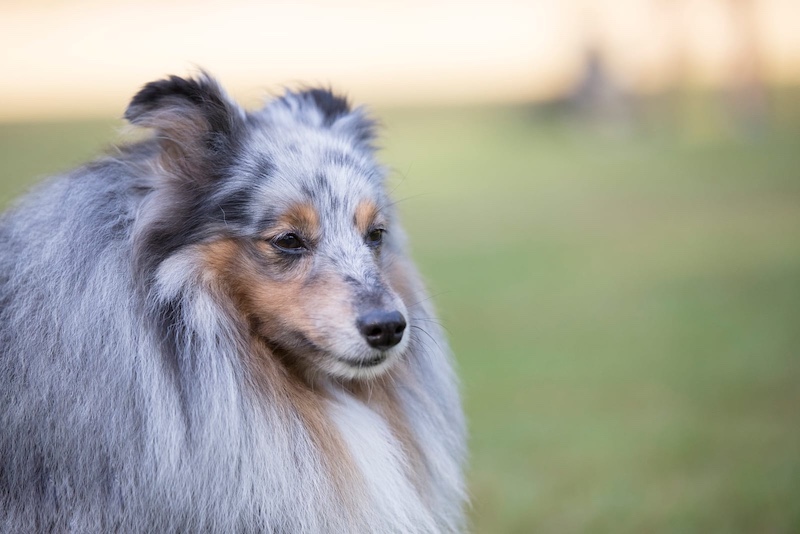
Shetland Sheepdogs, or Shelties, are also vulnerable due to a high rate of MDR1 mutation—estimated at 15–30% by breed health studies. This mutation can lead to hypersensitivity to common anesthetics and sedatives, even at routine doses. Pre-anesthetic genetic testing is often recommended.
Border Collie
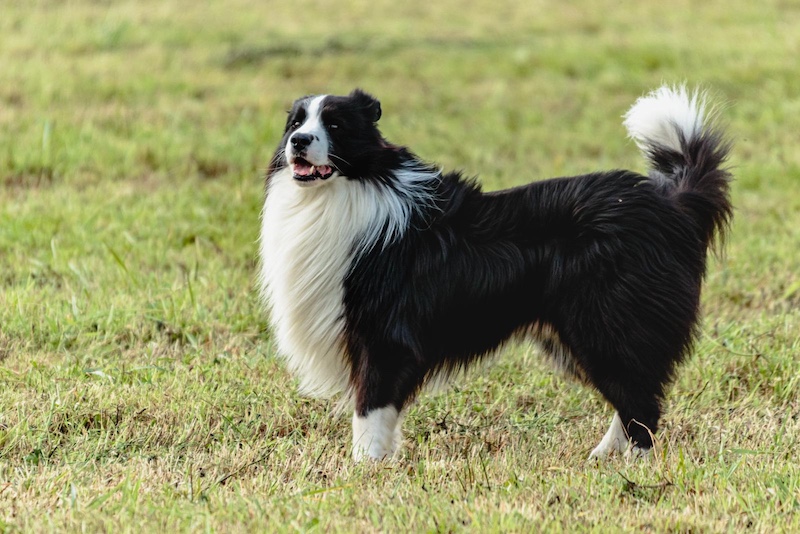
While fewer Border Collies carry the MDR1 mutation (roughly 5–10%), those that do are at risk for serious drug reactions. Additionally, this breed’s high drive and sensitivity to stress can amplify the effects of anesthesia. Veterinary anesthesiologists recommend using non-MDR1-affected protocols and monitoring closely.
Old English Sheepdog
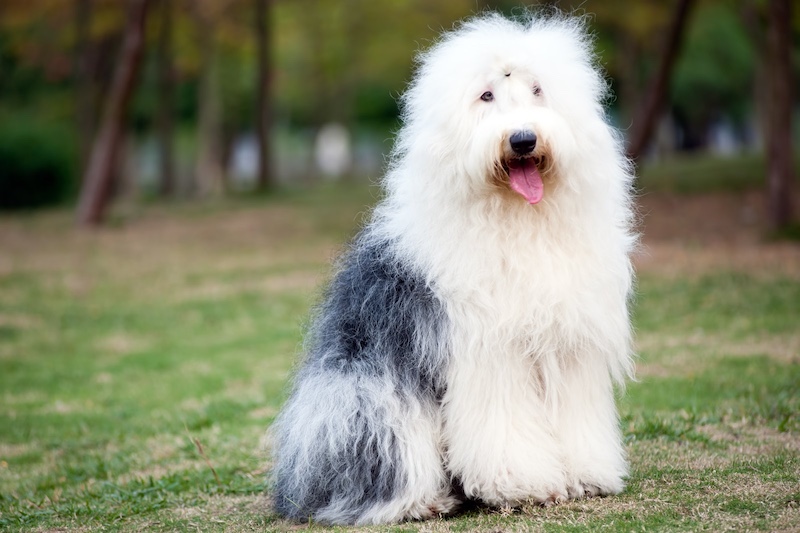
Old English Sheepdogs also exhibit sensitivity due to the MDR1 mutation. The American Veterinary Medical Association warns that sedation drugs like ivermectin, loperamide, and certain anesthetics must be used with caution. Proper testing and individualized plans are critical for this breed’s safety.
Doberman Pinscher
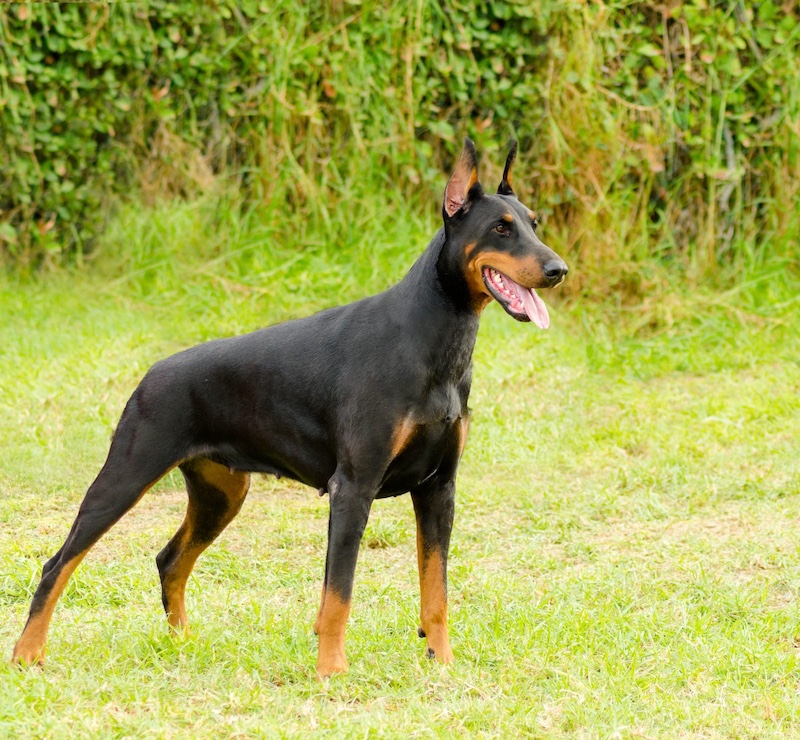
Doberman Pinschers are not associated with the MDR1 mutation, but they often suffer from chronic liver conditions, which impair their ability to process anesthetic drugs. The Doberman Pinscher Club of America recommends liver function screening before surgery, as poor hepatic clearance can prolong recovery and increase risk during sedation.
- Please Note: This content was created with the assistance of AI and thoroughly edited by a human before publishing.

